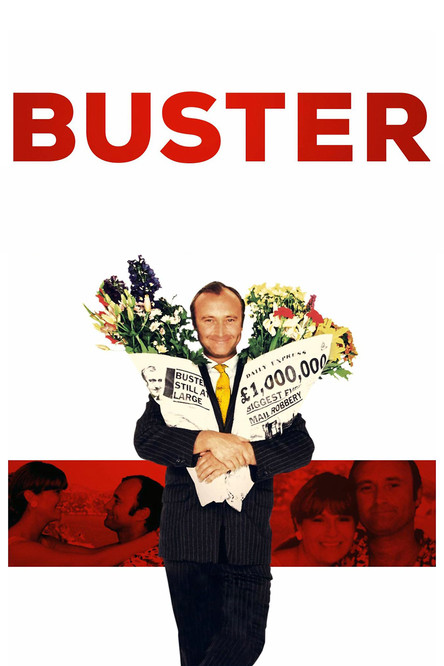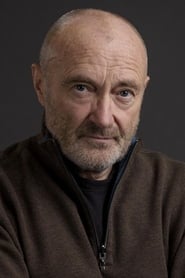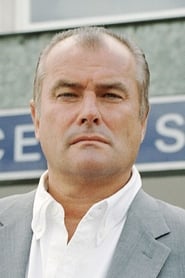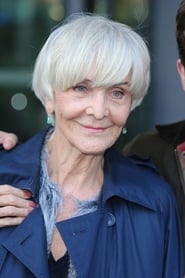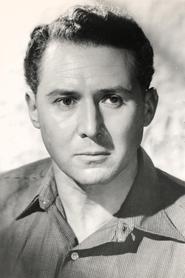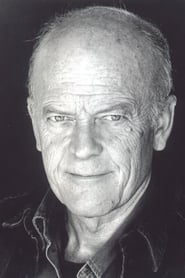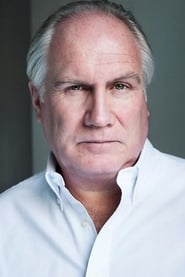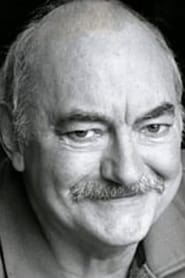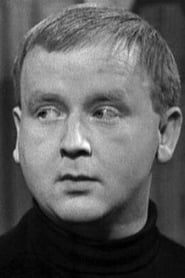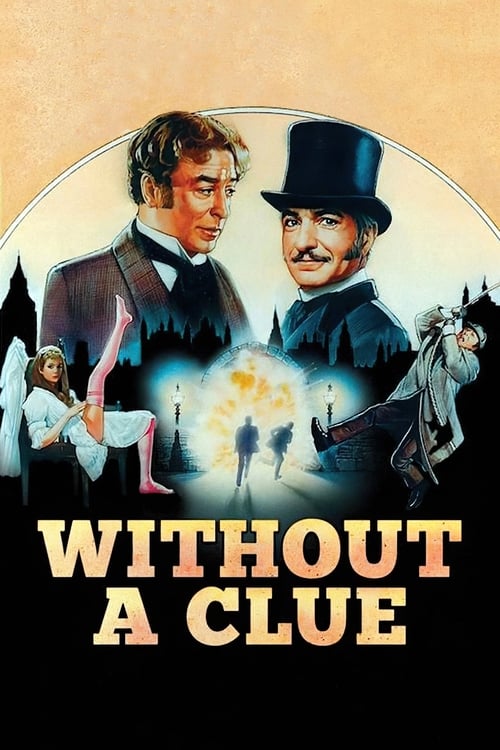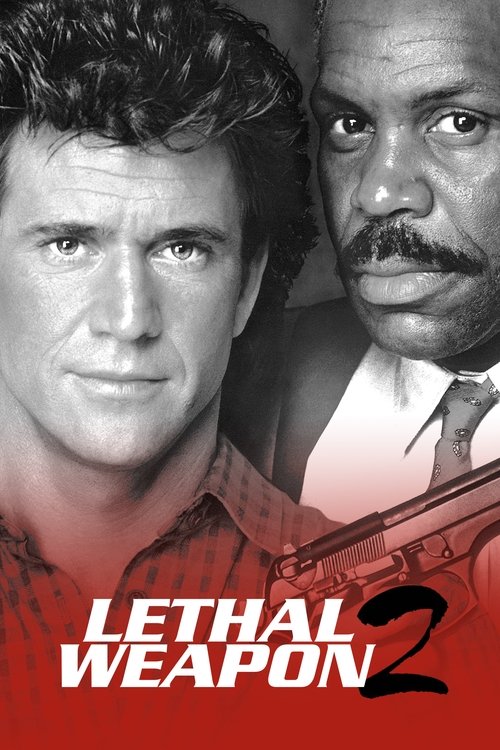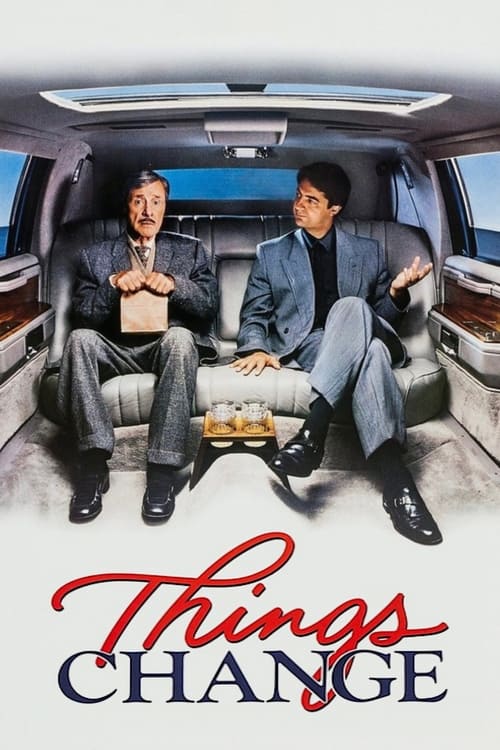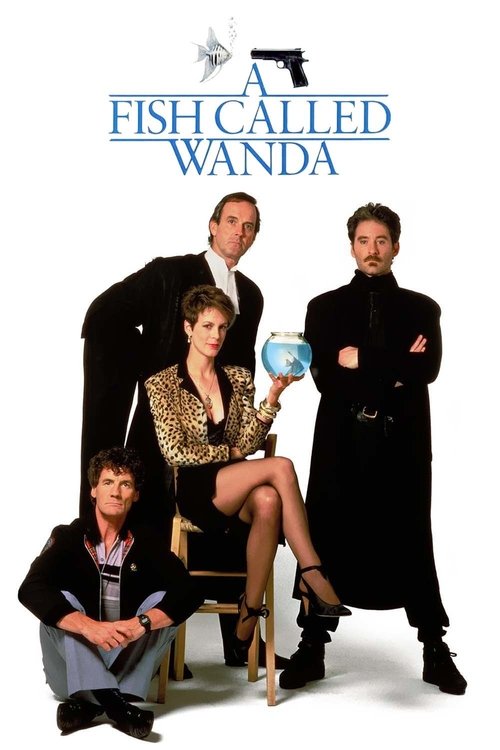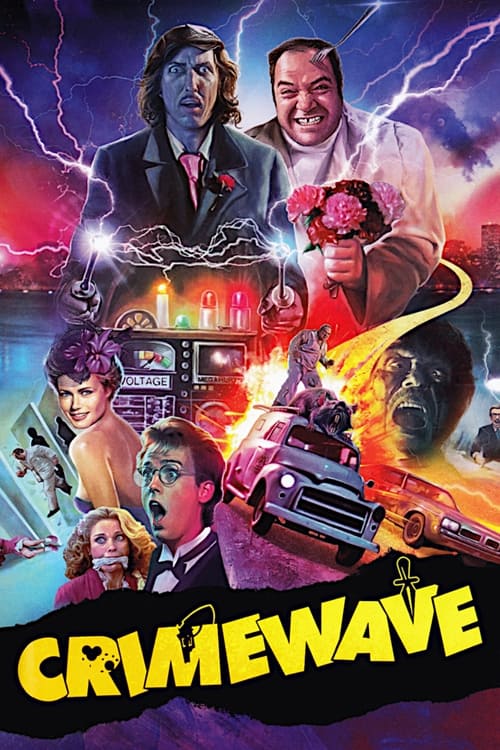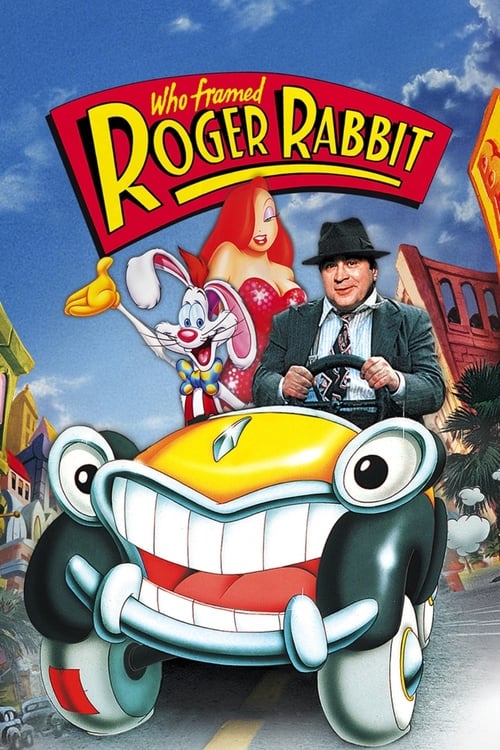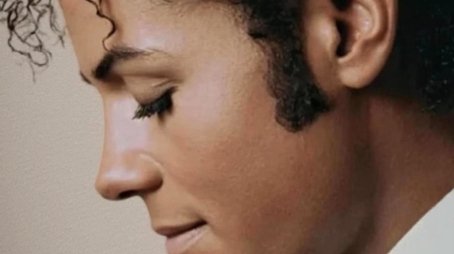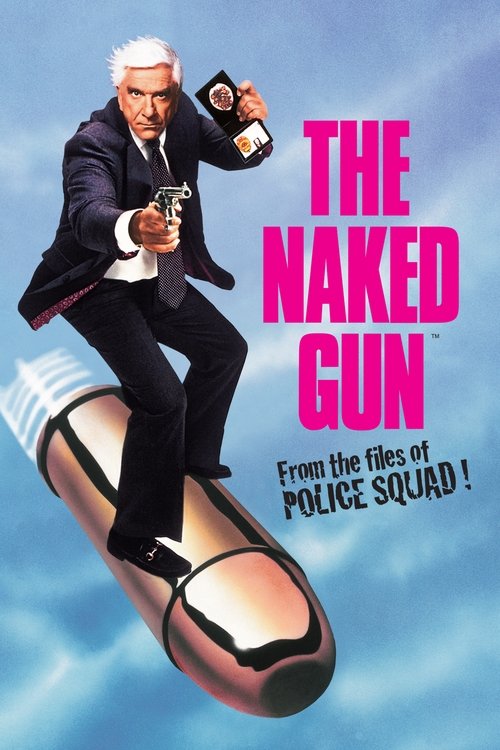
Ask Your Own Question
What is the plot?
What is the ending?
Is there a post-credit scene?
What motivates Buster Edwards to become involved in the Great Train Robbery?
Buster Edwards, played by Phil Collins, is motivated by a desire for financial security and a better life for his family. He feels trapped in a mundane existence and sees the robbery as a way to escape his struggles and achieve a sense of adventure and excitement.
How does Buster's relationship with his wife, June, evolve throughout the film?
Buster's relationship with June, portrayed by Julie Walters, is initially strained due to his criminal activities and the stress they bring. As the plot progresses, June's loyalty is tested, but she ultimately supports Buster, showcasing a complex mix of love, frustration, and resilience as they navigate the consequences of his choices.
What role does the character of 'The General' play in Buster's life?
The General, played by David Jason, serves as a mentor and a key figure in the planning of the Great Train Robbery. He embodies the criminal underworld's allure and danger, influencing Buster's decisions and pushing him deeper into a life of crime, while also representing the risks that come with such a lifestyle.
How does Buster's life change after the robbery, and what challenges does he face?
After the robbery, Buster experiences a mix of euphoria and paranoia. He faces challenges such as evading law enforcement, dealing with the fallout from his actions, and the strain it puts on his family life. The sudden wealth brings both opportunities and complications, leading to a tumultuous emotional journey.
What is the significance of the train itself in the story?
The train in 'Buster' symbolizes both the thrill of the heist and the impending danger of Buster's choices. It represents the culmination of Buster's dreams of wealth and adventure, while also serving as a reminder of the consequences that follow such a high-stakes crime, ultimately impacting his relationships and future.

